-
Posts
1358 -
Joined
-
Last visited
Content Type
Profiles
Forums
Store
Downloads
Recruiting - 2020
2019-2020 Football Season
Football
Entertainment
Sports
News and Business
Cloak Room
Transfer Portal
Recruiting
Events
Posts posted by TotallyLegit
-
-
Boy, that sure doesn't look like how you're supposed to align against trips
-
 1
1
-
-
1 hour ago, Cajun said:
Brian Jones calls it how he sees it and he sees it clear as day.
Dude is dead on balls accurate.

-
 1
1
-
-
53 minutes ago, Enchubben said:
is there a way to bookmark individual posts so you can refer to them later and tell posters to eat shit when they make definitive predictions with no basis whatsoever?
It's a lot easier to just tell them to eat shit without worrying about the reason(s).
-
 2
2
-
-
18 minutes ago, GreenspointTexas said:
What the fuck is a “Texas Aggie”?
Maybe they're on the UT waitlist?
-
 1
1
-
 2
2
-
-
-
1 hour ago, BurntOrange&White said:
I can see us running the ball right at Bonitto for most of the game. Wear him down playing the run and he won’t be able/sure to just explode off the edges.
I may be imagining this, but it seems that we've been trying to quickly attack the edges (with motion, screens, etc.) a lot more in some games than others. I think this might be a game where we go back to that
-
-
19 minutes ago, Chopper said:
I fucked up the formatting above and lost the best part, where the aggy mouthpiece in the h chron, zwormeman, wrote that jimbo frequently compares calzada to Brett Favre. https://www.houstonchronicle.com/texas-sports-nation/college/article/How-4-star-QB-recruit-James-Foster-got-squeezed-15441023.php
To be fair, Jimbo probably knows a few more of Favre's measurables than most
-
 1
1
-
-
What is this, a LDF game?
/s
-
-
-
5 minutes ago, Nicole44 said:
This needs to end on a trick play that Leach drew up just for aggie
The forward pass seems like a trick play as far as they're concerned
-
 1
1
-
-
Demond Demas sighting!
-
48 minutes ago, FirstTimeCaller said:
Doesn't really look like Urban Meyer to me.
Sideburns look like Urban to me
-
9 hours ago, Big Woodrows said:
Oh god does that high school do that bleach blonde shit too?
-
2 hours ago, Pato del Muerto said:
I can’t imagine losing to smu and Texas in back to back weeks is going to help with their recruits, whatever they are selling.
Volatility isn’t a huge issue when your sales pitch is like a “buy gold” commercial
-
 2
2
-
-
17 minutes ago, RGBIII said:
Lol why post this obvious copy and pasted text
This is like straight out of the NCAA 14 recruiting dialogue
-
 2
2
-
 1
1
-
-
3 minutes ago, texifornia said:
It's because you don't matter to us

Fortunately for the Frogs, Texas fans won't be at that stadium ever again.
-
BIJAN FUCKING ROBINSON
-
 1
1
-
-
7 minutes ago, Bevo14 said:
Excellent news. Now I expect a commitment to drop within the next day.
I expect a recruit to express his commitment in sign language
-
 1
1
-
-
-
16 minutes ago, Tex-19 said:
Reading this last page and it appears to be kool-aid season. Suddenly 9.95ers saying we lead for Stewart, Brenen, have a mystery flip listening and multiple portals.
We better not shit the bed tomorrow against our one SEC opponent of the year.
This won't be the only SEC opponent this year
-
 8
8
-
-
5 minutes ago, maninblack said:
Love the national flavor
State # Texas 11 California 2 Louisiana 2 Alabama 1 Arizona 1 Mississippi 1 Nevada 1 
-
 3
3
-
-
11 minutes ago, Bevo said:
Can we trade some DL for OTs? I'd like 3 please.
That's actually really easy since they all have the exact same body shape. - Jimbo
-
 1
1
-

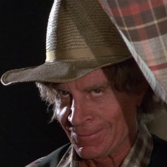
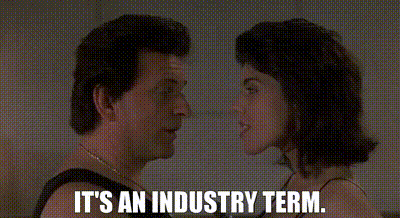
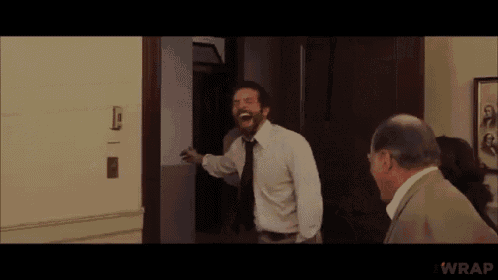


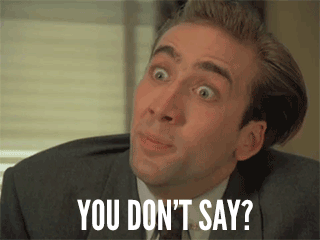

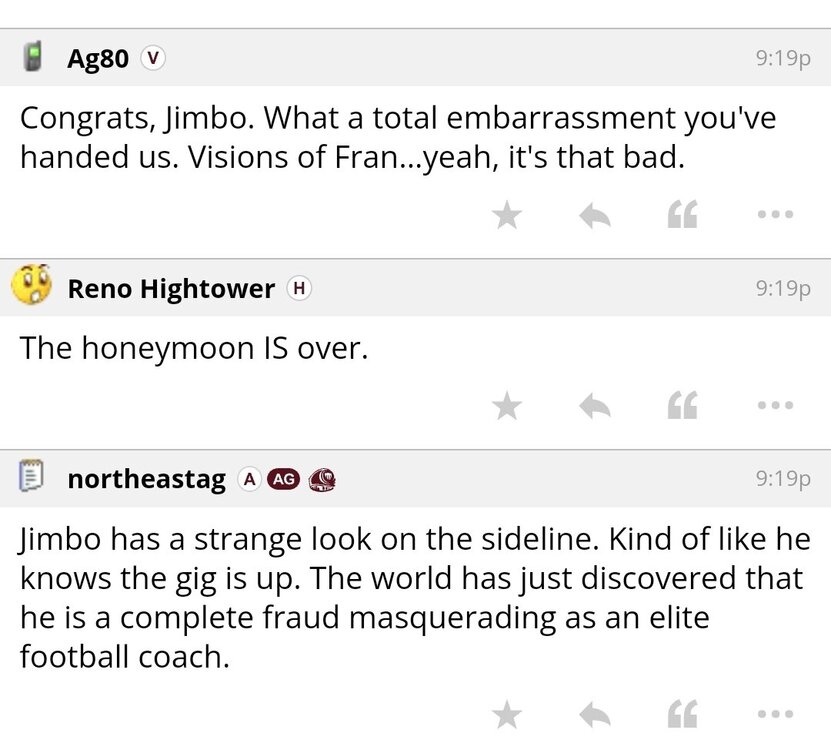



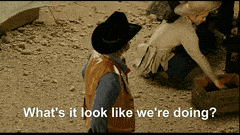
[Game Thread] Texas vs. OkSU - 11am on FOX
in Football
Posted
https://sportsurge.net/#/streamlist/4345